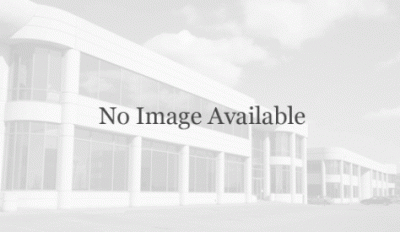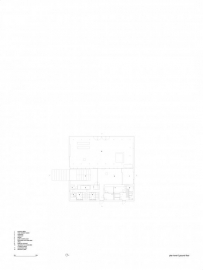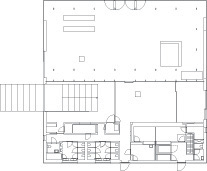Visitors pavilion for Palace Het Loo
The visitors pavilion and repository for National Museum Palace Het Loo in Apeldoorn, the Netherlands, is Architectenbureau Koen van Velsens response to the need for a new public building (1175m²) on a significant and sensitive historic site (3850m²). The pavilion forms a continuation of the spatial scenarios present at the site and establishes clear spatial connections between the different areas. It forms a visible presence from the car park and presents itself to visitors as the face of the Museum. The pavilion forms a clear end point of the axis to the Palace and is located at a respectable distance from the symmetrical ensemble of the existing stables and coach houses. The pavilion functions as the juncture between the Palace and the Palace gardens with its axes and car park and the extensive landscape part of the publically accessible Crown Estate.
Sustainability starts with a well considered implementation of a building within its surroundings. The masterplan and landscape design (both also by Architectenbureau Koen van Velsen) prescribed that existing trees on the site were retained and new trees were added. The green and open character was maintained and enhanced whilst low scrubs were removed to enhance visibility and social security. A small building footprint was achieved by locating the repository underground. As a result, the pavilion has a minimum impact on the existing forest. Moreover, the constant temperature and humidity levels of the earth are utilised to create the required indoor climate with modest technical means. The mechanical installations mostly use re-circulated air which reduces the outside influence. The structural elements are used both structural and architectural, which leads to a highly efficient use of materials. The well-considered choices for low-maintenance floor, ceiling and facade finishes ensure the pavilion can easily be maintained and will have a long lifespan.



 copy.jpg)
